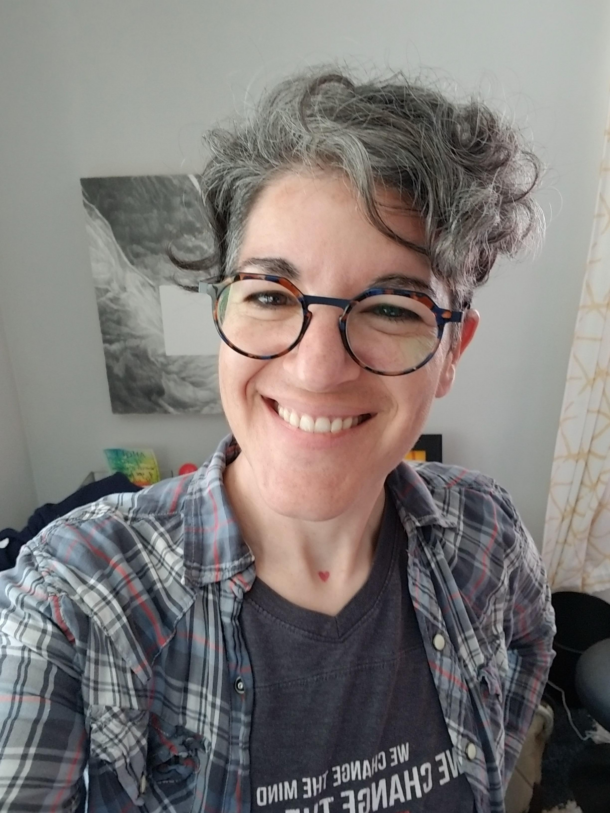There’s an old Zen story that gets a lot of traction in the world of personal development. You’ve probably heard it before. It goes a little something like this:
See, there’s this farmer in this village. He’s got this horse who is integral to his ability to run his farm and therefore feed his family. One day, the horse runs off.
“This is so terrible!” say his neighbors.
“Maybe,” the farmer replies.
The next day, the horse returns to the farm, accompanied by several wild ponies.
“This is so wonderful!” say his neighbors.
“Maybe,” the farmer replies.
The day after that (what a week this guy is having!), the farmer’s son son is thrown while trying to gentle one of the new ponies; both of his legs break in the fall.
“This is so terrible!” say his neighbors.
“Maybe,” the farmer replies.
And the day after that? Soldiers come to the village to conscript all of the able-bodied young men. Guess whose body is suddenly not so able?
You got it: The farmer’s son.
With tweaks to the details, this is how this story tends to be told. Bare bones. Straight to the point. And it’s ironic because part of the intention of this stripped-down story is that we can’t base our understanding of what is good or bad exclusively on the moment. There’s more nuance; there’s more to come.
And yet we’ve entirely lost the nuance of the farmer’s experience. In painting an idealized picture of the imagined equilibrium of acceptance, we’ve lost the humanity of emotion.
I don’t know about you but if the horse who makes my livelihood possible ran off – if I suddenly lost my hearing, for example – there may well be a part of me that, even quickly, considers that it might be a temporary hearing loss, that a doctor might be able to do something, that I could find other ways to earn my living – and I would still freak out. Like, all the way out.
And if my horse returned with ponies – if my hearing returned and brought with it a greater acuity for the tonal shifts of a person – I would whoop it up so loud that my friends in Toronto and London and Whidbey Island, Washington, would hear my joyful shouts carried on a quick wind… even as a part of me knew it could be a temporary return to hearing, even as a part of me wondered what other issues might arise that would interrupt my ability to do the work that I love and feel uniquely equipped to do.
And, seriously, what would you think of a father who shrugged dispassionately while his child writhed with the pain of two broken legs?
We tell this story, though, as though this farmer’s unattachment from judgment can come only from detachment from his emotions.
Our emotions, though, provide data. They carry little telegrams from our inner landscapes with critical info about things like what we value, where our boundaries are, and what in us could use some nurturing attention.
Our emotions are a part of our rich humanness, integral to navigate a world in which cold logic alone just isn’t enough.
To see emotion-free logic play out on a social scale, read The Giver or any other rendering of a society in which anyone who is at risk of disrupting clear and predictable social norms – from rule breakers to variously atypical babies to older adults – are “released,” that word’s codeword for offed. If the very idea makes you feel any kind of tingling of discomfort, that’s your emotional self inviting morality into the mix. Congratulations: You are, indeed, a fully-functioning human.
So, maybe the farmer loses his stuff when he discovers his horse is gone. And he has the presence and practice to shrug and say, “Let’s see how this thing plays out.”
Let’s say the next time you have an uncomfortable interaction or face a challenge, you allow yourself the experience of fear or doubt or nausea or sadness or whatever arises for you and you practice being curious about what resources, insights, support or opportunity might be just around the bend. What might change for you, that is, if you allowed more of your messy humanness instead of going toe-to-toe with yourself?
